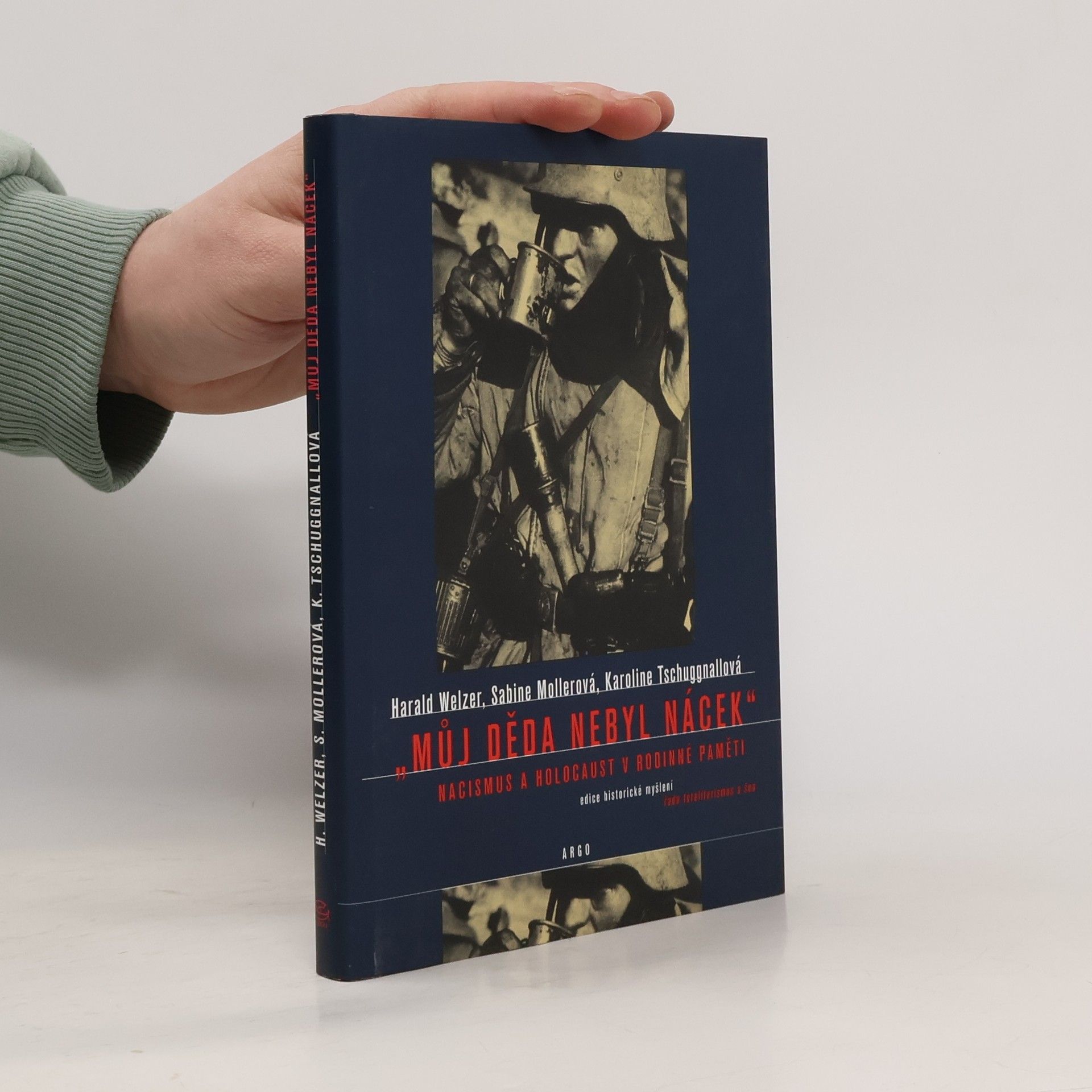Klimatické vojny
- 240 stránok
- 9 hodin čítania
Boje o pitnú vodu, nové výbuchy masového násilia, etnické čistky, občianske vojny v najchudobnejších krajinách sveta, nekonečné prúdy utečencov. Konflikty 21. storočia sa už neodvíjajú od ideologického súperenia medzi veľmocami, ale skôr od triednych, náboženských a zdrojových otázok. Genocídy minulého storočia nás naučili, ako rýchlo sa sociálne problémy môžu prejaviť v radikálnych a smrtiacich riešeniach. Bohaté krajiny dnes už vyvíjajú stratégie na získanie zdrojov a udržanie klimatických utečencov mimo svojho územia. Harald Welzer ukazuje, ako spolu súvisí klimatická zmena a násilie. Klimatická zmena má ďalekosiahle dôsledky na životné podmienky ľudí na celom svete: obývateľný priestor sa zmenšuje, vzácne zdroje ubúdajú, prehlbuje sa nespravodlivosť nielen medzi Severom a Juhom, ale aj medzi generáciami, čo vytvára podmienky pre nové sociálne napätia a vedie k násilným konfliktom. Klimatická zmena predstavuje nové závažné výzvy v oblasti bezpečnosti, zodpovednosti a spravodlivosti, ale ako Welzer znepokojujúco objasňuje, robí sa veľmi málo, aby sa im čelilo.










